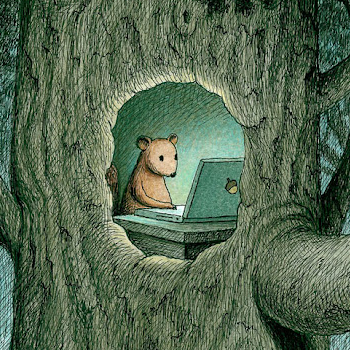Why are the rocks on the moon older than those on earth?
1 Answer
The Earth has tectonic plate movements, volcanic activity, and weathering from our air and water (erosion). The Moon does not.
Explanation:
The movement of tectonic plates in the Earth's lithosphere and the eruption of volcanoes effectively "recycle" the rock on the surface, consuming or burying the older rocks while creating new ones. Over time, some of Earth's oldest rocks have been eroded by the action of our air and water.
We see the impact of these phenomena elsewhere. Venus and Jupiter's moon Io are volcanically active. Venus also has a heavy, aggressive atmosphere which erodes rocks. So we have very young surfaces on those two bodies.
In contrast bodies like our Moon and Mercury have remained essentially static for billions of years. So on them we see old surfaces, heavily populated by craters formed from massive meteoric impacts early in the history of our Solar System. These bodies are valuable as an enduring record of that history.

